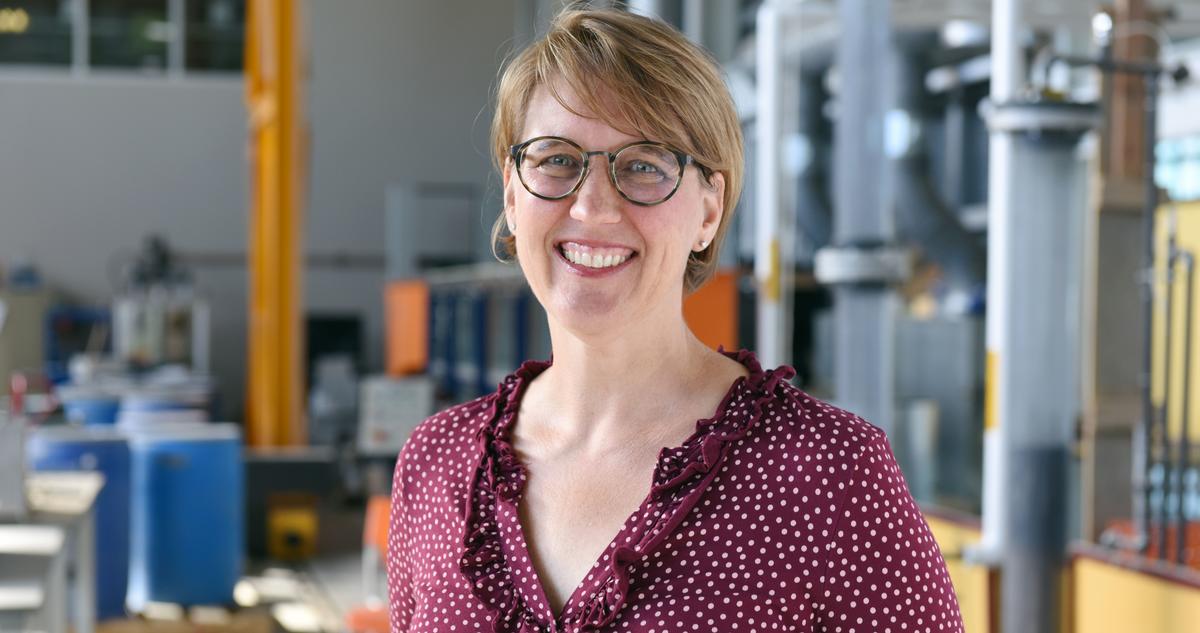Reed is the Dean of the Swenson College of Science & Engineering (SCSE) and is among a class of 26 Fellows selected this year. She joins colleagues from across the country in the 2024-2025 class of Fellows.
Mentorship-Based Leadership Development
Since its inception in 1965, the ACE Fellows Program has prepared more than 2,500 faculty, staff, and administrators for senior positions in college and university leadership through its cohort-based mentorship model. More than 80 percent of the Fellows who have participated have gone on after their fellowship to serve as chief executive officers, chief academic officers, other cabinet-level positions, and deans.
“The ACE Fellows Program, known for its history of success, cultivates skilled and promising leaders, driving the growth of a diverse and talented higher education leadership pipeline,” said ACE President Ted Mitchell. “Through immersive learning experiences, ACE Fellows acquire fresh perspectives and develop distinctive skills to apply to their home campuses. I am excited to witness the accomplishments of this class.”
Great Opportunity
Reed was hired as the Dean for Swenson College in 2018 and during her time at UMD has focused on initiatives that support faculty-led research, innovative teaching techniques, strengthening community partnerships and policies that encourage greater diversity in the faculty and student population.
“I’m excited about what I can learn from my colleagues to bring back to UMD and Swenson College,” said Reed. “I’m also excited to share what we’re doing here in SCSE to provide unique, and engaging experiences for students. It’s an honor to be selected.
Campus Visits & Networking
The Fellows program incorporates retreats, interactive and virtual learning opportunities, visits to campuses and other higher education-related organizations, and short-term placement for job shadowing at another higher education institution. All the experiences are condensed into a single year of intense activity and skills development.
During the placement, Fellows observe and work with senior officers at their host site, attend decision-making meetings, and focus on issues of interest that will benefit their host and home institutions. At the conclusion of the fellowship year, Fellows benefit from new knowledge and skills along with a network of peers across the country and abroad.
